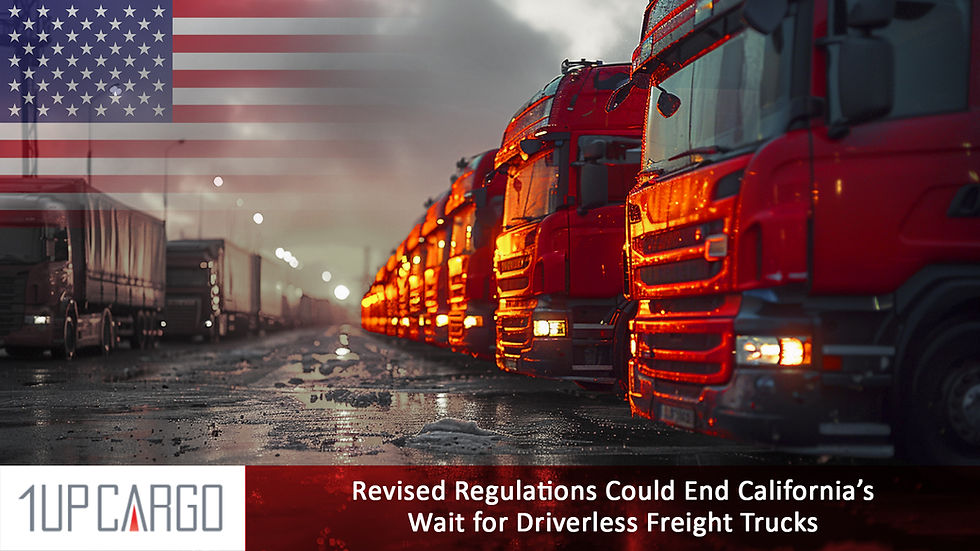Majority of American voters want Congress to pass laws to clean up cargo ships, new poll finds
- Niccole Mendoza
- Jun 7, 2023
- 2 min read
By wide margins, American voters want the government to reduce pollution from cargo ships. According to a new poll from Climate Nexus, Yale, and George Mason University, 8 in 10 registered voters want to see Congress pass laws that will reduce pollution from cargo ships and make the sector cleaner.

American voters especially support laws that gradually require all cargo ships to run on cleaner fuels, and ultimately produce no carbon pollution by 2040 (83%). Large majorities also support laws that would require ships to stop polluting in U.S. ports (77%), lower speed limits for ships to improve efficiency (70%), and provide funding to help cargo ships run on clean, renewable electricity while docked in port (82%).
“These results are a fog horn that must be heard by Congress. Americans want healthier air and a liveable climate, and they understand the necessity of operating the cargo shipping industry with clean fuels,” said Dr. Ed Maibach of George Mason University. “We have the technology and the public will. It’s time our government accelerates the transition to a future with zero cargo ship pollution.”
Other notable results from the poll include:
• Nearly half of voters (49%) think that reducing pollution from cargo ships requires action from all major stakeholders in the sector, including shipping companies, ports, retailers, and the government. Another 26% think the most effective approach is for the government to set standards that all ships must follow.
• 81% of voters would be more likely to support reducing emissions from cargo shipping if the clean fuels to be used could be made mostly in the United States.
Cargo ships create as much carbon pollution as all of America’s coal plants put together and more than the air travel industry. By 2050, carbon emissions from maritime shipping could be more than double what they were in 2008, raising the industry’s current 3% share of global climate pollution. Cargo ships also burn the dirtiest fuel on the planet, which creates particulate matter pollution that affects every organ and cell in the human body. This especially affects communities living next to shipping ports, who are often people of color and who experience higher rates of asthma, cancer, and premature death as a result.
“Cargo ships operate with little oversight and face less regulation than other transportation like cars and trucks. American voters want the industry to work with governments to reduce pollution and improve the health of the public, oceans, and the climate,” said Dr. Anthony Leiserowitz at the Yale Program on Climate Change Communication.
The survey of 1,760 registered voters (18+) in the United States was conducted May 17-19, 2023 and has a margin of error of +/- 2.6%.


